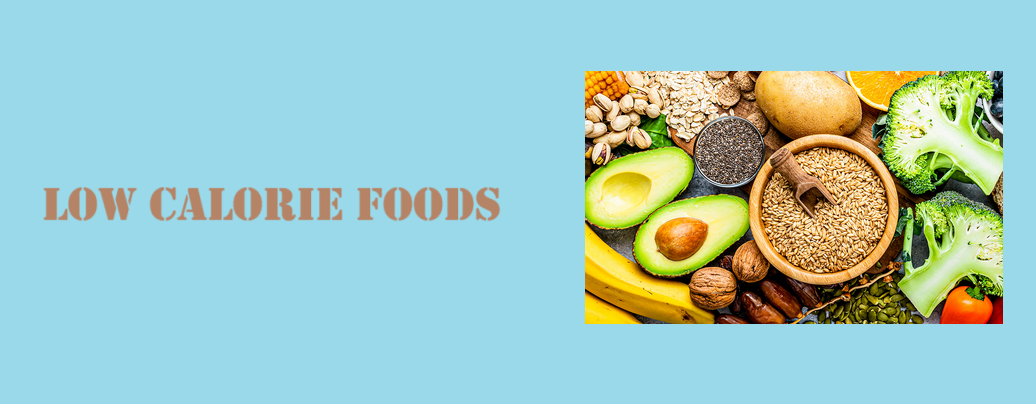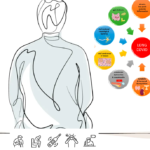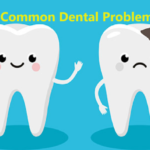Nutrition Food Chart for Adults
In the fast-paced world we live in, all adults must maintain a balanced diet to thrive physically and mentally. When your nutritional intake is a well-rounded one, it not only fuels the body but also supports overall health, prevents diseases, and improves energy levels. Nonetheless, it can be a challenging experience choosing the vast array of dietary choices, making a nutritional food chart an important tool for you.
A comprehensive nutrition food chart serves as a roadmap, helping adults make an informed decision about their dietary food intake. A well-developed nutrition food chart provides a clear breakdown of essential nutrients, food sources, and recommended serving sizes empowering individuals to achieve their dietary goals comfortably. Whether you are aiming to boost immunity, weight management, or maintain overall wellness, this important tool becomes your trusted companion in your journey to optimal nutrition.
Understanding Macronutrients: The Building Blocks of Balanced Nutrition
To achieve optimal nutrition, one has to understand the three macronutrients: carbohydrates, proteins, and fats. Each of these macronutrients plays an important role in not just fuelling the body but also maintaining overall health.
Carbohydrates are one of the main sources of energy for the body. Individuals should limit their intake of simple carbohydrates found in processed foods and concentrate more on consuming complex carbohydrates from whole grains, fruits, and vegetables. These nutrient-dense options have vitamins, minerals, and fibre that are important for digestion and disease prevention. The recommended intake of carbohydrates ranges from 225 to 325 grams daily, depending on an individual’s age, activity level, and sex.
Proteins, on the other hand, are considered the building blocks of life. They are essential for repairing and maintaining tissues, muscles, and organs. High-quality proteins without excessive saturated fat can be found in lean sources like poultry, legumes, fish, low-fat dairy products, etc. Adults should aim to consume at least 0.8 grams of protein per kilogram of body weight daily to achieve suitable muscle growth.
Fats are often misunderstood, but they are extremely important for various bodily functions, including cell growth, vitamin absorption, and insulation. Healthy fats, like monosaturated and polyunsaturated fats found in fatty fish, nuts, and avocados should be prioritized over unhealthy saturated and trans fats present in fried items and various processed foods. The recommended daily intake of fats is 20-35% of total calorie intake.
Micronutrient Marvels: The Power of Vitamins and Minerals
While macronutrients provide energy to the body, micronutrients are essential to the body for maintaining overall health and vitality. Vitamins and minerals play a critical role in ensuring optimal bodily functions. Therefore, their adequate intake is necessary.
Vitamins can be divided into two categories – water-soluble (B-complex and vitamin C) and fat-soluble (A, D, E, and K). It is necessary to replenish water-soluble vitamins daily as they get excreted, while fat-soluble vitamins can be stored in the body for longer periods.
To ensure optimal micronutrient intake, adults need to focus on diets that are rich in fruits, vegetables, dairy products, lean proteins, and whole grains. Recommended daily intake of these items can vary depending on an individual’s age, sex, and health conditions. Adequate portions of vitamins and minerals in your diet can make a lot of difference to your health and well-being.
The Balanced Plate: A Useful Nutritional Food Chart for Adults
Adults need to maintain a harmonious balance of various food groups if they are to achieve optimal nutrition. A well-rounded nutrition food chart acts as a roadmap, guiding adults in the right direction.
A] Grains and Starches – The foundation of your diet plan has to include whole grains and complex carbohydrates, with at least 6-8 servings daily. Foods like quinoa, brown rice, and whole-wheat bread provide essential vitamins, minerals, and fibre.
B] Fruits and Vegetables – Consuming these natural food powerhouses is necessary for a well-rounded diet. Adults need to aim for at least 5 servings of these foods daily. Incorporating a wide array of colours and varieties of fruits and vegetables will maximize nutrient intake considerably.
C] Proteins – Protein-rich foods like poultry, low-fat dairy products, legumes, and fish need to be consumed across 5-5 servings daily. These foods are crucial for muscle growth, tissue repair, and overall bodily functions.
D] Dairy and Alternatives – Adults should consider including 2-3 servings of low-fat dairy products or calcium-fortified alternatives like yoghurt and plant-based milk for developing strong bones and promoting overall health.
E] Healthy Fats and Oils – Whilst maintaining moderation, consuming healthy fats from different sources such as olive oil, nuts, and avocados should be on the high agenda amongst adults. 2-3 servings daily will help provide the body with essential fatty acids and aid in nutrient absorption.
To apply the nutrition food chart into practice, we can consider a sample meal plan. An adult can start his or her day with low-fat yoghurt and a whole-grain cereal topped with fresh berries. For lunch, a mixed green salad with a grilled chicken and a whole-wheat pita can be consumed.
Tips for a Nutritious Lifestyle
Adopting healthy habits in addition to following a nutrition food chart religiously can work wonders for adults. Given below are some tips that can complement your balanced diet perfectly:
A] Hydration – Adults should consider drinking adequate water throughout the day to ensure optimal bodily functions. This approach also helps in curbing unnecessary snacking.
B] Portion Control – Being aware of serving sizes and mindful eating goes a long way in maintaining a healthy weight. Adults should consider this tip seriously.
C] Reading Food Labels – Another effective way of making informed choices is to examine food labels carefully. Adults need to watch out for hidden sources of unhealthy fats, sodium, and added sugars.
D] Meal Planning and Preparation – Adults should consider dedicating time to plan meals to promote consistency and prevent unhealthy impulse choices.
E] Incorporating Physical Activities – When adults regularly exercise, it helps them not only to burn excess calories but also boosts metabolism, supports muscle growth, and ensures overall well-being.
Tags: Healthtips, diet tips, ehealthy99, health tips, weight Gain Tips, Weight Loss tips, Summertips, healthy tips












